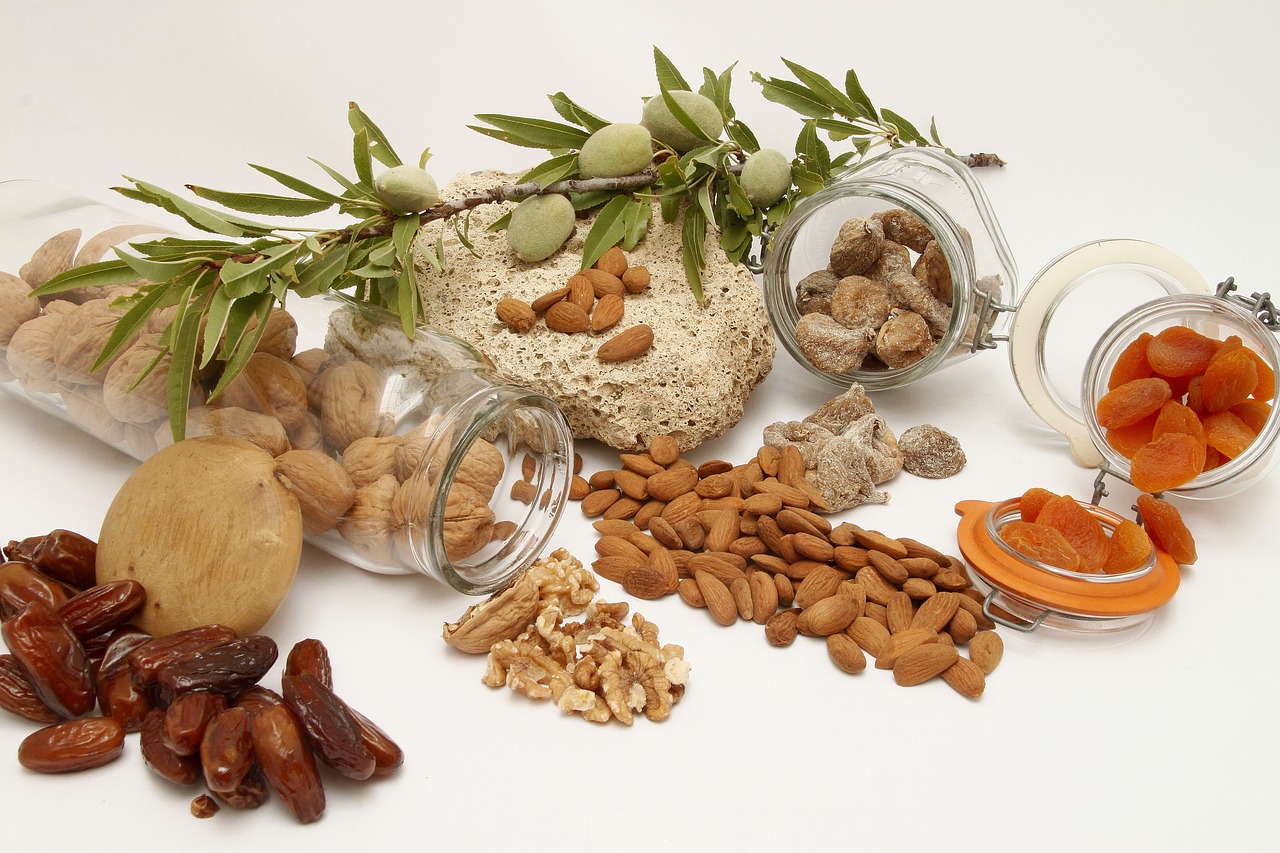|
Getting your Trinity Audio player ready...
|
Introduction
The celebratory period, characterized by happiness and excess, frequently presents the difficulty of upholding one’s well-being amidst the allure of sugary delights.. This article explores the benefits of incorporating dry fruits into your diet, offering a healthier alternative to traditional snacks.
Read Also: Sustaining Longevity: Good Food Can Add 5 to 10 Years to Your Life – Unlock the Secrets to Vitality”
Benefits of Dry Fruits
Dry fruits provide a substantial nutritional boost, aiding in weight management and offering various health benefits. Highlighting their practicality, incorporating a well-rounded combination of nuts and seeds to ensure a supply of vital nutrients.
Almonds: The Nutritional Powerhouse
Renowned for their delightful flavor, almonds boast a wealth of heart-boosting monounsaturated fats and vitamin E. These elements contribute to weight management and cell protection from damage.
Dates: Nature’s Sweetener
Dates, a natural sweetener, are high in fiber, aiding digestion and providing an energy boost. A delightful alternative to sugary snacks.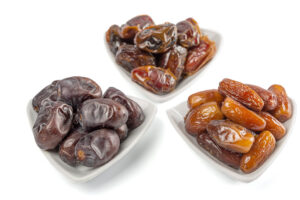
Walnuts: Brain Health Booster
Walnuts, resembling the brain in shape, harbor omega-3 fatty acids essential for cognitive health and antioxidants that contribute to overall well-being.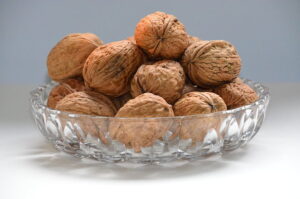
Cashews: The Nutrient-Rich Power Snack
Often overlooked, cashews pack a protein punch, aiding in satiety. Rich in magnesium, they support weight loss. A nutritious and delicious choice.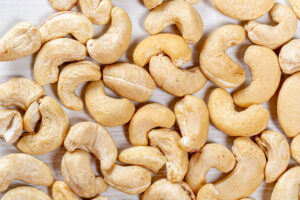
Pistachios: Low-Calorie Delight
Pistachios, low in calories and high in fiber, promote a feeling of fullness. A crunchy and healthy snack.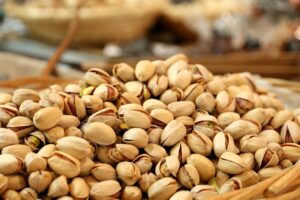
Raisins: Natural Sweetness with Caution
Fundamentally dehydrated grapes, raisins introduce a natural sweetness, necessitating mindfulness of calorie intake, provide iron for preventing anemia and fiber for digestion. 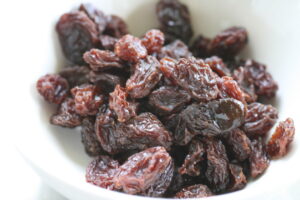
Figs: Sweet and Nutritious
Figs, or anjeer, are a sweet addition rich in dietary fiber, calcium, and potassium. A nutritious choice.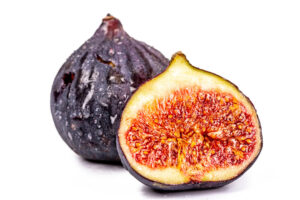
Prunes: Digestive Health Promoter
Prunes, dried plums, act as a natural laxative, preventing constipation. Contemplate adding them to your dietary regimen to promote digestive well-being.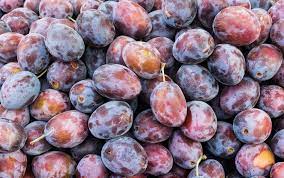
Dried Apricots: Immunity Boosters
Dried apricots, rich in vitamins A and C, boost immunity and support healthy skin and vision. Consider adding them to your diet for a nutrient-packed snack.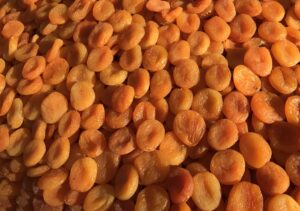
Winter Wellness with Dry Fruits
As winter approaches, dry fruits become essential for their natural energy source, combating anemia, and relieving constipation.
Conscious Festive Indulgence
Exercise discernment in your decisions throughout the celebratory period, placing a premium on well-being without sacrificing the joy of the occasion.
Conclusion
Celebrate this festive season with a conscious choice to indulge in the best dry fruits, ensuring a healthier and enjoyable time. Remember the importance of balance and moderation.
Are all dry fruits equally beneficial?
Not all dry fruits offer the same benefits. Each type has its unique nutritional profile, so incorporating a variety is ideal.
How many dry fruits should one consume daily?
The recommended daily intake varies, but a small handful of mixed dry fruits is generally a good starting point.
Can I consume dry fruits if I have allergies?
It depends on the specific allergies. Consult with a healthcare professional to determine which dry fruits are safe for you.
It depends on the specific allergies. Consult with a healthcare professional to determine which dry fruits are safe for you.
Flavored dry fruits may contain added sugars or artificial additives, so opt for natural, unsweetened options for maximum health benefits.
Any precautions for diabetic individuals?
Diabetics should monitor their intake due to the natural sugars in dry fruits. It's advisable to consult with a healthcare provider for personalized guidance.

